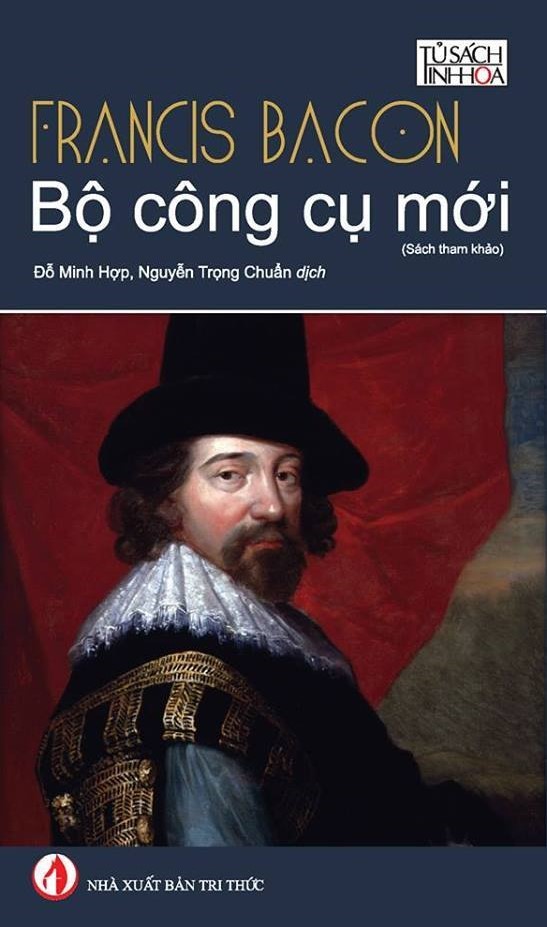What do you think?
Rate this book


492 pages, Paperback
First published January 1, 1620
"the explanation of which things, and of the true relation between the nature of things and the nature of the mind, is as the strewing and decoration of the bridal chamber of the mind and the universe, out of which marriage let us hope there may spring helps to man, and a line and race of inventions that may in some degree subdue and overcome the necessities and miseries of humanity,"
The human understanding when it has once adopted an opinion (either as being the received opinion or as being agreeable to itself) draws all things else to support and agree with it. And though there be a greater number and weight of instances to be found on the other side, or else by some distinction sets aside and rejects, in order that by this great and pernicious predetermination the authority of its former conclusions may remain inviolate.